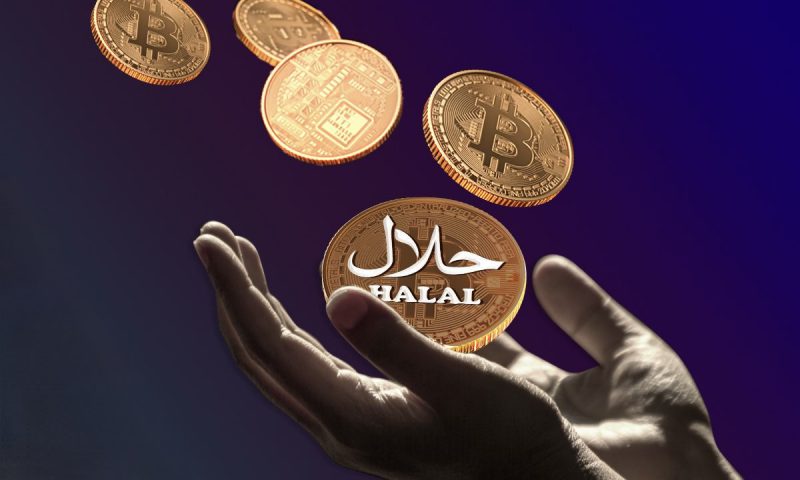For the religiously inclined, moving around the crypto space might seem like a task in itself. Many who follow the Islamic faith have questioned whether certain products are Halal-approved and okay for them to use. This has led to the formation of many Defi (decentralized finance) firms that cater to such needs.
One such Defi firm is Marhaba DeFi, based out of Australia. The company was launched in 2020 with the goal of providing financial services adhering to Islamic law or Sharia. The firm has shown a sharp increase in Halal-approved crypto products on its platform. By the end of 2022, the company hopes to provide a number of new items that adhere to Islamic law.
Moreover, since its inception, the number of active users of the firm’s non-custodial multichain Sahal Wallet has increased to about 40,000. The wallet only needs to be downloaded, and it provides users with all Halal-approved crypto products.
Additionally, Marhaba DeFi founder and CEO Naquib Mohammed, while speaking to CoinTelegraph, stated,
“People need a platform where they can trust every token they interact with, so we don’t have to go hunting on different platforms, tapping into different [Islamic] scholars or experts asking ‘can I invest in this protocol, this token, this strategy?”
What are some of the Halal-approved crypto products?
The platform has four Halal-approved crypto products scheduled for release in 2022. The first is a Halal-approved DEX (decentralized exchange), called TijarX. There is also a Defi staking solution, a liquidity harvesting platform, and an NFT (non-fungible token) marketplace, in the works. Moreover, all the products are compliant with Sharia law.
The foundation of the staking system is the Islamic idea of Ju’ala, which Mohammed defines as “rewards for labor.” When users perform tasks on the platform, like taking part in governance and voting on proposals, they are paid a “commission,” which is a portion of the platform’s revenue.
Furthermore, according to Mohammed, earning interest or charging interest is deemed exploitative in Islam. As a result, the liquidity harvester will be a “game changer” for people who cannot accept interest owing to their religious convictions because they will be exposed to a comparable kind of product.
The firm will also provide NFT services to Islamic businesses. Mohammad stated,
“This NFT certification is a way to authorize, authenticate and ensure that the certification is valid, and is not expired, that the business has renewed their certification.”
The fact that crypto has found its way into religious circles is a testament to the rise in its adoption. People worldwide are aware of the new wave of finance, and hence cannot wait to get their hands on the same. Although the crypto markets are in the reds as of today, the idea of decentralized finance is here to stay.





